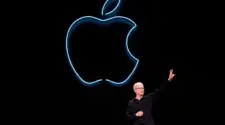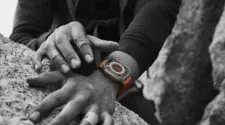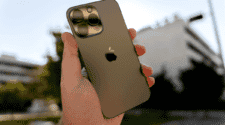According to AppleInsider, Apple is suing the United States Trademark and Patent Office (USPTO) because its two AR application trademarks, Reality Composer and Reality Converter, have not been approved. The cause of the matter was that Apple applied to the USPTO, planning to apply for its AR software development tools Reality Composer and Reality Converter as trademarks. However, the USPTO believed that these phrases were not distinctive and therefore refused to grant federal trademark protection.
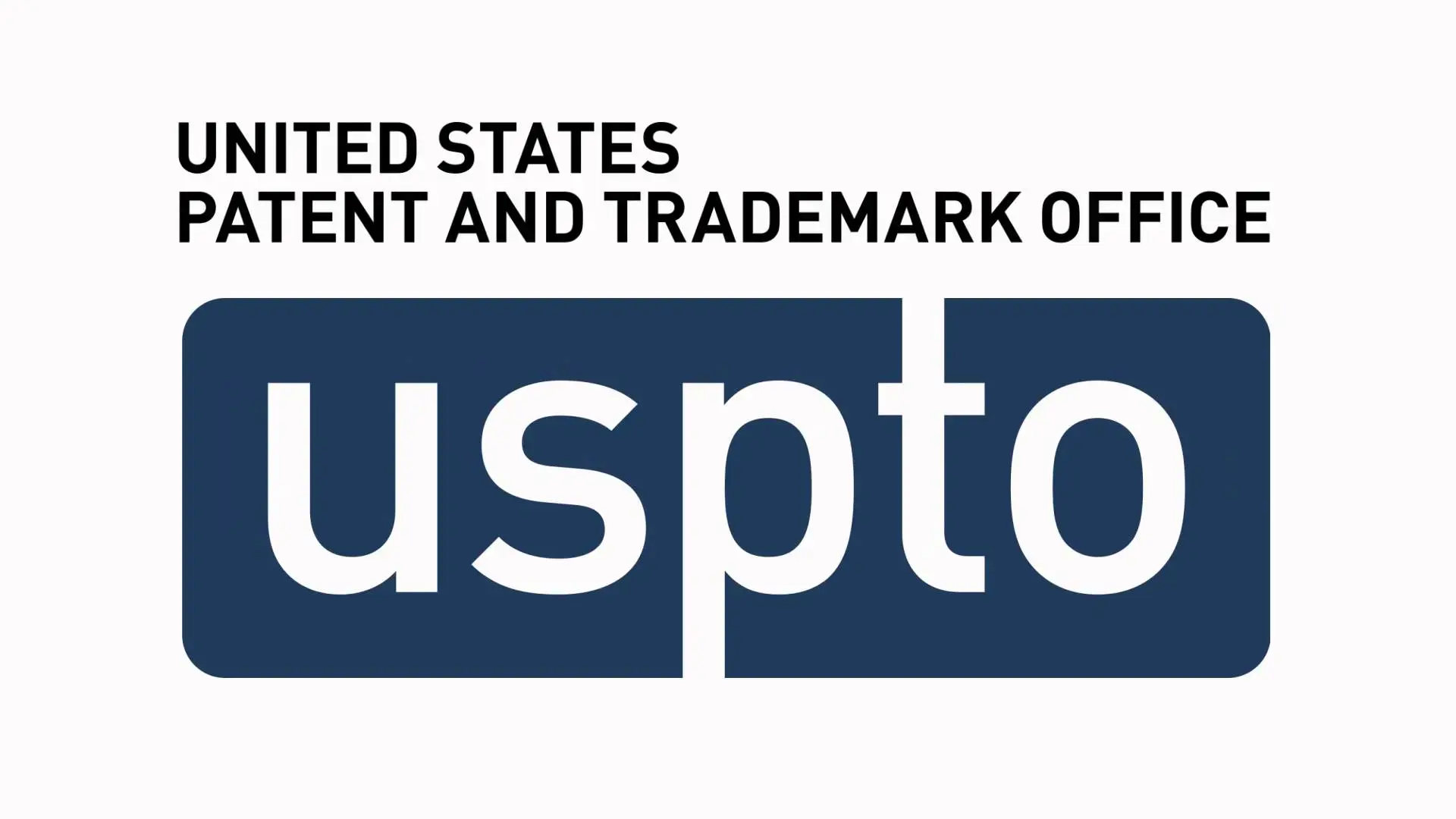
Apple – USPTO lawsuit
Apple believes that Reality Composer and Reality Converter are the core of Apple Vision Pro spatial computing. For this reason, it decided to sue the USPTO and asked the latter to withdraw its previous decision.
A Reuters report reveals that Apple filing with USTPO is challenged by ZeroDensity, a Turkish firm. Apple’s argument is that its terms “Reality Composer and Reality Converter” simply describes what the software does. Apple believes that this is different from ZeroDensity “Reality” trademark.
In the full court filing, Apple said Reality Composer and Reality Converter are
“…made-up terms coined by Apple that do not describe the underlying software development tools on which Apple uses these trademarks…They are suggestive, just as ‘Burger King’ is a fast-food chain, not an actual monarch…The combination of two incongruous terms into one mark, which together require imagination in order to make sense practically, are hallmarks of a suggestive mark.”
Reality Composer and Reality Converter tools both help developers create 3D AR content for Apple apps. The core foundation of Apple Vision Pro relies on these tools for spatial computing, so that’s why Apple wants to protect these names.
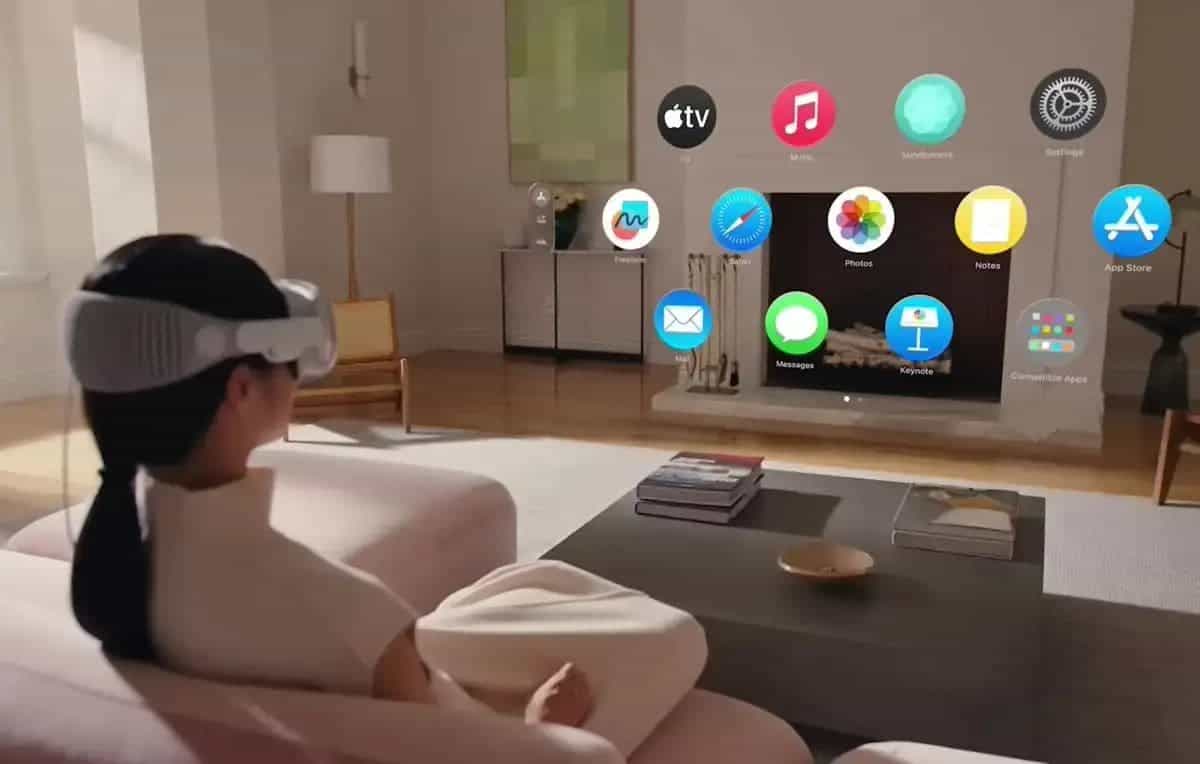
Conclusion
In conclusion, Apple’s legal dispute with the United States Trademark and Patent Office (USPTO) over the trademark approval of its AR application tools, Reality Composer and Reality Converter, underscores the importance of brand protection in the technology industry. Apple contends that these tools are integral to its spatial computing platform, Apple Vision Pro, and seeks federal trademark protection for the names.
The disagreement arises from the USPTO’s determination that the phrases “Reality Composer” and “Reality Converter” lack distinctiveness, thus rejecting Apple’s trademark applications. Apple argues that these tools are essential components of its AR development ecosystem and merit trademark recognition.
The lawsuit highlights the complexities of trademark registration and the subjective nature of determining distinctiveness. While Apple pursues legal recourse to challenge the USPTO’s decision, emphasizing the significance of these tools to its product offerings, the patent office maintains its adherence to regulatory guidelines.
As the case unfolds, it underscores the broader significance of intellectual property protection in the technology sector and the efforts of companies like Apple to safeguard their innovations and brand identity. Ultimately, the resolution of this dispute will have implications for trademark standards and the recognition of key tools in the burgeoning field of augmented reality.


